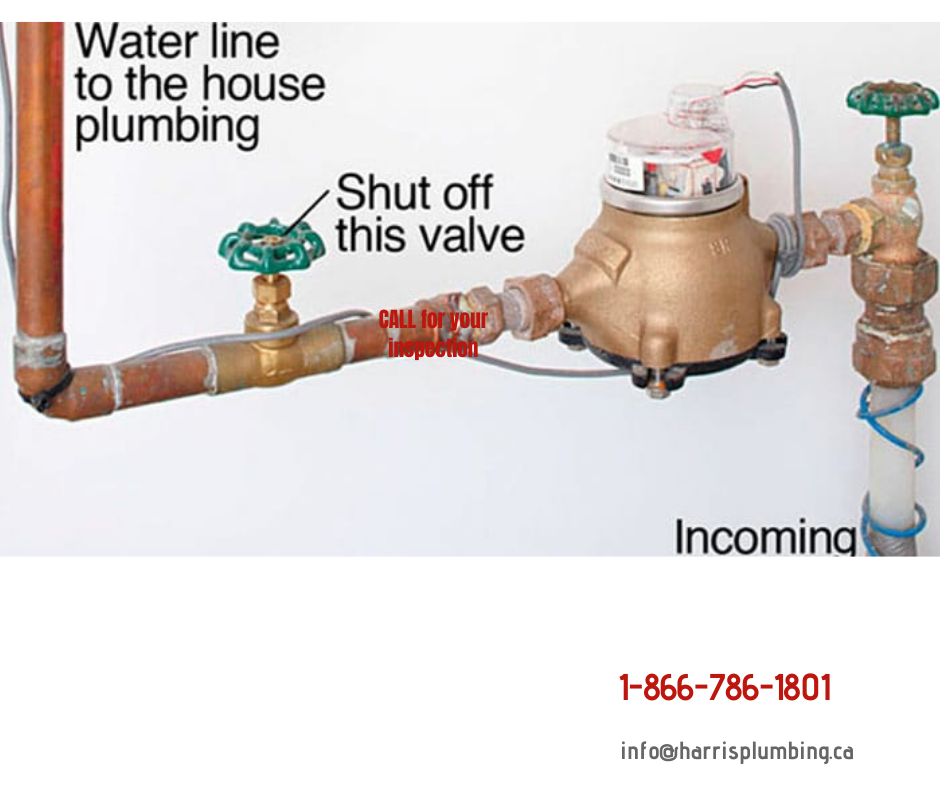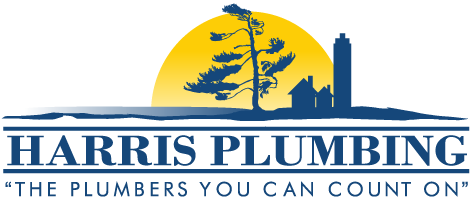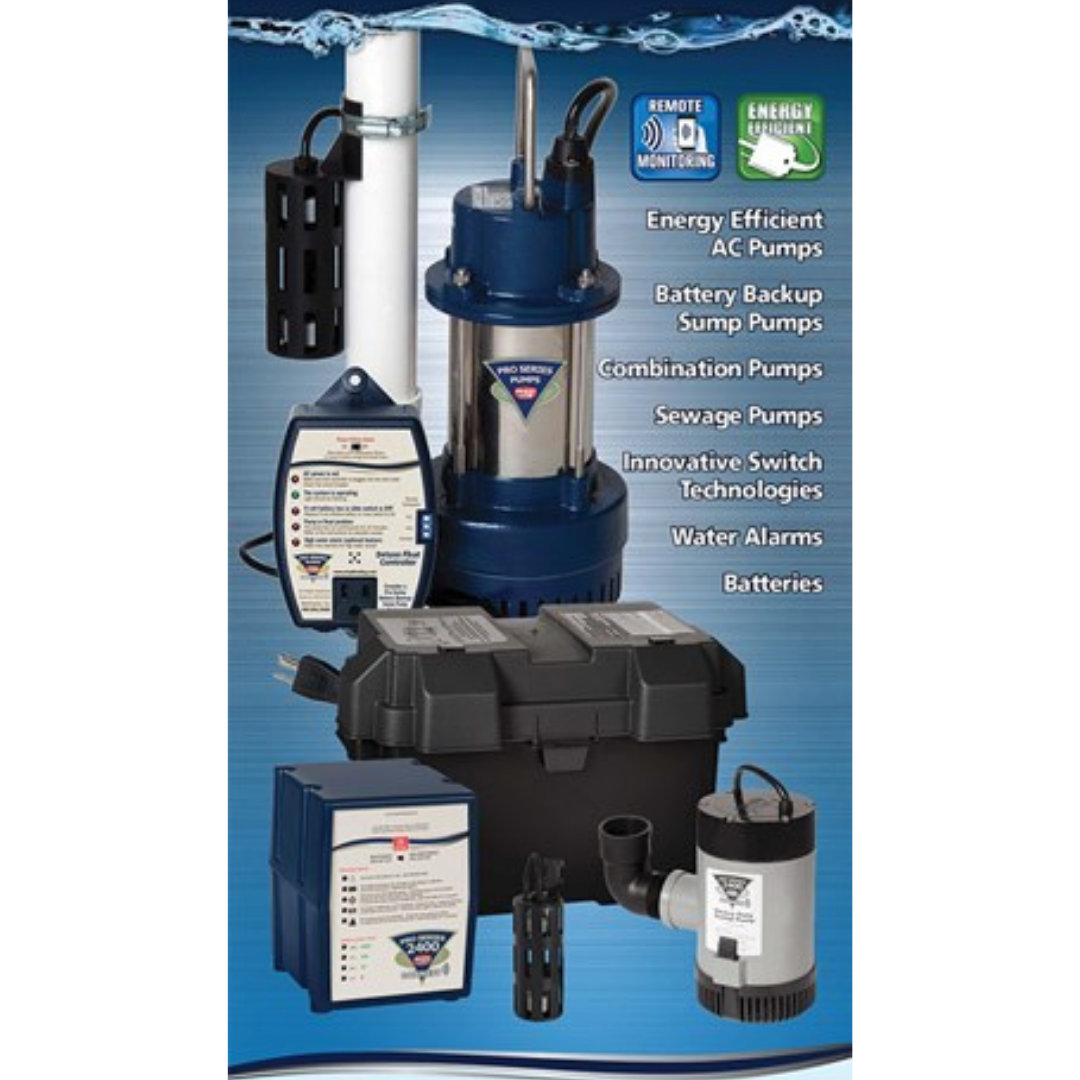Did you know water damage is one of the most costly house insurance claims in Canada? Yup, it has outranked fire. From frozen pipes and ruptured hoses to flooded basements and roof leaks, water damages cost Canadians billions of dollars each year.
Leaks aren’t always obvious. Sometimes they look like water spots on the ceiling and other times they’re hidden behind the wall and even underground. That’s why a leak detector that monitors the plumbing system and alerts homeowners to anomalies is invaluable for catching small leaks before they turn into big problems. Especially at properties that don’t have a resident year round. If you don’t currently have any kind of leak detectors in your home, they can easily pay off on the first leak they find.
Some visible and nonvisible signs of leaks can include:
- Unexpectedly high water bills.
- Sagging, warped or stained ceilings.
- Cracked or warped flooring.
- Mildew or mold in your kitchen, bathroom or laundry room.
- A musty smell you can’t get rid of with sprays or cleaners.
We cannot control the severe and unpredictable weather conditions in Canada, but you can control how well you regularly maintain your home.
That being said, we aren’t about to sit back and do nothing about it! Here are some tips on how you can prevent water damage in your house this year.

1. Protect Your Pipes
Frozen pipes are not uncommon in Canada and can be a costly fix. When living in a country with long, cold winters, it is imperative that you maintain your pipes.
The key here is to know where your main shut-off valve is, and check it every 6 months to make sure everything is working smoothly. You need to ensure your water main shutoff valve works as they can seize up and corrode over time if ignored. If you have a leak somewhere you need to be able to turn off your water supply.
If you decide to go on a vacation during the wintertime like most Canadians, it is good to know where your main shut-off valve is so you can turn it off before you leave. You don’t want to come home to any unexpected damages after your relaxing vacation.
If your property cannot have the water shut off before a winter vacation – whether due to tenants or condo regulations – You can still help prevent your most vulnerable pipes from freezing. Leave taps that will not be used slightly open so that there is a slow but steady drip. Moving water is harder to freeze than still water! Unfortunately, this wastes water so this would be a last choice if nothing else can be done.
It is crucial to check your plumbing for any corrosion and to insulate your pipes that are outside or in an unheated area. Before winter hits, it is necessary to drain pipes and hoses that are outside to prevent freezing.
If you need help ensuring your pipes are appropriately insulated and protected, our experts are here to help. We can help prevent frozen pipes and bursts in the future!
2. Keep Your Gutters Clean
Roof gutters can accumulate quite a mess over the months. They can be full of leaves, sticks, bird nests, tennis balls and more. All that build-up can cause serious water damage to your property on a rainy day. A blocked gutter can allow water to seep through your roof, get into your basement and into your home’s foundation.
Thankfully, it is easy to prevent. Every spring, make it a habit to ensure all your gutters are free of debris and that your downspout extends at least 10 ft away from your home. If yours doesn’t, you should consider adding an extension.
You will also want to make sure your water flows towards the street and away from your home and your neighbour’s home.
Pro Tip: If you have trees hanging over your gutters, it is a good idea to trim them to reduce debris buildup.

3. Appliance Maintenance
Your dishwasher and washing machine should be monitored for leaks and to ensure they are running smoothly. It is good to keep an eye on your washing machine and dishwasher hoses and replace them with steel braided hoses if possible. Washing machine hoses do expire and can explode. That is when you get a flood. It is a good idea to replace your rubber hoses as soon as possible.
Dishwasher leaks occur at plumbing connections that can’t be seen, so most of the time the damage is unexpected. To avoid this problem, remove the front kick plate 2-3 times a year and look underneath the unit to make sure there is no leaking or water damage. It is important to do this while the dishwasher is off and while it is running.
Damage to steel pipe threads is caused by copper-to-steel galvanic corrosion. Excessive water pressure from fast-closing automatic water valves used on washing machines and dishwashers can cause a weakened pipe-joint to burst unexpectedly.
Your refrigerator shouldn’t be left unattended as well. If your fridge has an ice maker, there is a water tube attached to the back of the fridge, that if not monitored, can cause leaking and you won’t realize it until it’s too late.
Things to keep in mind: If your fridge is pushed up too close to the wall, it can cause damage to the tube. If the fridge is pulled too far away, it could detach and cause a flood in your kitchen.
To ensure this problem doesn’t arise, inspect your fridge 1-2 times a year and make sure to check for leakage and double-check to ensure your fridge is placed in the correct spot.

Keep an eye on your hot water tank. If there is any rust around the bottom, it may be rotting out. If there is any rust around the pipe nipples at the top, this invites leaking, and should be inspected by a professional. For more information about inspecting water heaters, take a peek at our instructional video:
4. Stay Vigilant
Scheduling regular maintenance on hot water heaters, HVAC, and other appliances improves your chances of catching a potential problem before it causes any bank-breaking damage. Sometimes all that’s needed is a quick visual once-over: How often do you look under the counter at the drain from your sink? Do you see any discolouration on the cabinet beneath the u-bend? What about peeking behind your furnace or water heater?
What if you’re planning upgrades around the home? Whether you hire someone or plan to do the work yourself, make sure to take a look at local building code and regulations. These regulations are in place not only to prevent a nasty fine, but to ensure safety and prevent damage to your home.
If you notice any of these issues in your home, contact a professional plumber like Harris Plumbing to have them addressed before you have any devastating water damage.
5. Check Your Sump Pump
A sump pump is used to move water from your basement to outside your home. You will want to check your sump pump at least once a year to ensure it is working properly. If your sump pump is not working, your home could be at risk for a flood. You can test your sump pump by simply filling the pit with water and making sure the pump is pumping the water correctly!
A backup system on sump pumps is also a great idea to have in your home. In case of a power outage, your sump pump will operate on battery backup preventing a flood and potential water damage.
If you don’t have a sump pump in your house, you should consider adding one. If you don’t usually have a groundwater issue around your home, heavy rains can also cause water to build up around your foundation. Sump pumps keep your basement dry, and prevent mold and flooding, to just name a few.
Our experts would be more than happy to help install a new sump pump in your home to help keep your home safe and dry!
6. Be Careful Where You Plant
Some trees and plants have quite an invasive root system. If you are not careful, your drainage system, pipes, septic tank and foundation could be compromised by your house’s landscaping. When you do plant, make sure certain trees and plants are planted away from any water lines.
With more severe weather incidents occurring in Canada, like lightning storms, hail, snowstorms and severe rain, there has been a significant increase in water damage insurance claims. That being said, are you aware of what you are covered for?
Now may be a good time to review your homeowner insurance to see what you are and are not covered for. A typical home insurance policy covers accidental water damage. This may include a pipe burst, and a leaking dishwasher to name a few.
It is important to understand that a home insurance policy will not cover damage due to leaks or seepage over time.
It is good to note that coverage is for the damage caused by the water and not of the cause itself. Let us explain. If a pipe bursts in your home and damages your couch. The damage to the couch is covered, but the replacement of the pipes may not be.
Why?
This is because the damage was caused over a period of time where the pipe should have been fixed. For example, if it was because of deterioration, or a mediocre repair job, these are most likely not covered by your policy.
This is why it is crucial to get assistance from an experienced professional who can help you maintain your home and prevent any extra costs from piling up. At Harris Plumbing, we take pride in providing the top of line plumbing services for almost 50 years.
If you are looking for honest professionals with exceptional experience in plumbing services, you have come to the right place.
Contact us today!



